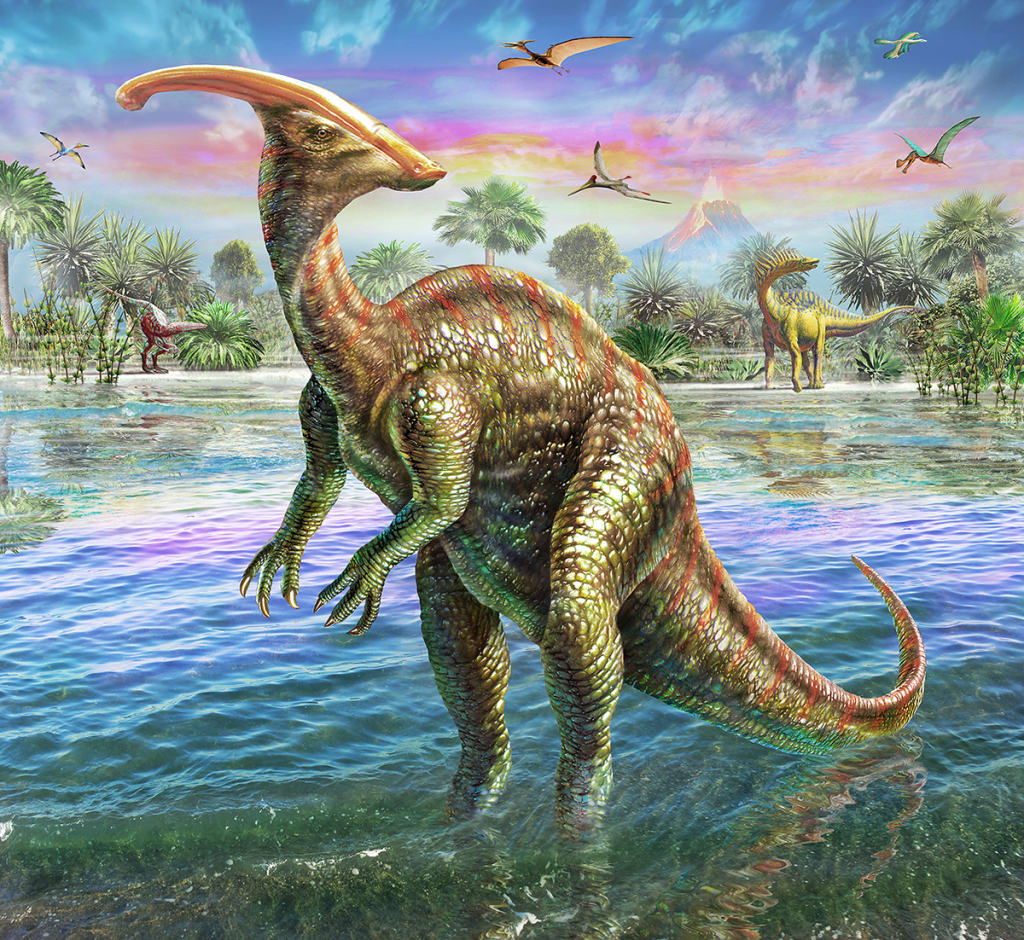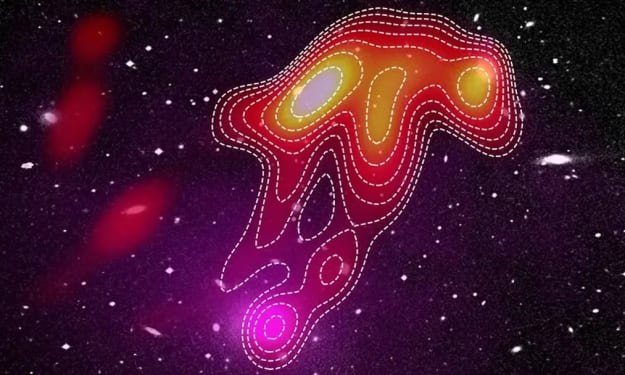Why Dinosaur Bones Are Not Everywhere
The reason why we don't find dinosaur bones all over Earth.

If dinosaurs once ruled the Earth, it seems like we should stumble upon their bones everywhere, but we don't. Why is that? The truth is that the quest to find dinosaur remains is much more complex than it appears. Yes, dinosaur bones are real—we have found many of them on every continent, despite some arguments to the contrary. The uneven distribution of these prehistoric treasures is simply a quirk of nature.
Fossilization is an incredibly rare phenomenon that only happens under specific conditions. When a dinosaur dies, the journey to fossilization begins with swift burial by sediment, followed by layers of sediment creating geological pressure. Minerals then infiltrate the bones, turning them into stone. This process primarily occurs underwater, where sediments like sand and mud can bury the remains, which is why dinosaurs that died above ground rarely become fossils. For example, we find few fossils of species that lived in jungles or mountains. Many fossils are discovered near lakes or rivers, where dinosaurs were buried by floods or other water-related processes.
Because of these limitations, we might never discover many dinosaur species. Researchers estimate that around 71% of dinosaur species will never be found. Some fossils of mountain dinosaurs and others in unusual locations might still be discovered, but such finds are rare.
Dinosaurs didn't live for hundreds of years; most of them had relatively short lifespans. Large sauropods might have taken around 30-35 years to reach full size, living a few more decades thereafter. Smaller dinosaurs like ornithopods grew to full size in 4-5 years but often lived only a few more years. Unlike today's giants like blue whales and elephants, which live much longer, most dinosaurs rarely reached 50 years of age.
Dinosaurs went extinct long before they could be extensively studied. Even if the asteroid impact 66 million years ago hadn't occurred, they would have faced extinction due to other environmental challenges. Recent research into the Deccan Traps, a large volcanic region in present-day West India, shows that volcanic activity contributed to global climate shifts 100,000 years before the asteroid impact. Sulfur emissions from these volcanoes likely caused global temperatures to drop, creating harsh conditions that contributed to the dinosaurs' decline.
An AI system developed by researchers supports the volcanic extinction theory. This AI analyzed geological and climatic data, exploring over 300,000 scenarios, and concluded that volcanic activity could have caused the mass extinction even without the asteroid impact. However, some scientists remain skeptical of the AI's conclusions, emphasizing the need for further research.
Non-avian dinosaurs did not survive the catastrophic events, but some avian dinosaurs evolved into birds. Many plants and animals also survived, evolving and thriving in the post-dinosaur era. Plants adapted for pollination, whether by wind or insects, and managed to persist through the extinction event, with around 78% of our current plant species descending from those resilient ancestors. This adaptability, known as "flower power," allowed them to survive and continue flourishing.
While the asteroid impact is often highlighted as the primary cause of the dinosaurs' extinction, it's clear that Earth's changing environment played a significant role. The combination of volcanic activity and the asteroid impact created a perfect storm that the dinosaurs couldn't survive. The Deccan Traps' volcanic activity released enormous amounts of sulfur and carbon dioxide, leading to acid rain and global cooling, which disrupted ecosystems and food chains.
The fossil record provides invaluable insights into the lives of dinosaurs, but it's incomplete. Many species that once roamed the Earth have left no trace due to the specific conditions required for fossilization. The dinosaurs' short lifespans and rapid growth rates are inferred from the study of bone histology, where scientists examine growth rings similar to those in trees. These growth patterns reveal that dinosaurs grew quickly, reaching maturity in a few years, and had shorter lifespans than previously thought.
Dinosaurs' extinction paved the way for mammals and other species to rise to prominence. The surviving plants and animals adapted to the new environmental conditions, leading to the diverse ecosystems we see today. The study of past extinctions helps scientists understand the resilience and adaptability of life on Earth, providing lessons for the current biodiversity crisis and the impact of human activity on the planet.
In summary, while dinosaurs once ruled the Earth, their bones are not as ubiquitous as one might expect due to the rare and specific conditions required for fossilization. The combination of volcanic activity and the asteroid impact created challenging conditions that led to their extinction. The study of these events and their aftermath offers valuable insights into the history of life on Earth and the processes that shape our world.
[Written with assist of AI for grammar, readability, and fact checking.] - Mc
About the Creator
Eldrick
˚ ༘♡ ·˚꒰ᥕᥱᥣᥴ᥆꧑ᥱ t᥆ ꧑ᥡ bᥣ᥆g꒱ ₊˚ˑ༄
Hello I am Eldrick, and LOVE to write about random cool things!!
!!Some of my content uses the help of AI for grammar, english is not my first language. I hope you understand!!
Enjoyed the story? Support the Creator.
Subscribe for free to receive all their stories in your feed. You could also pledge your support or give them a one-off tip, letting them know you appreciate their work.






Comments
There are no comments for this story
Be the first to respond and start the conversation.